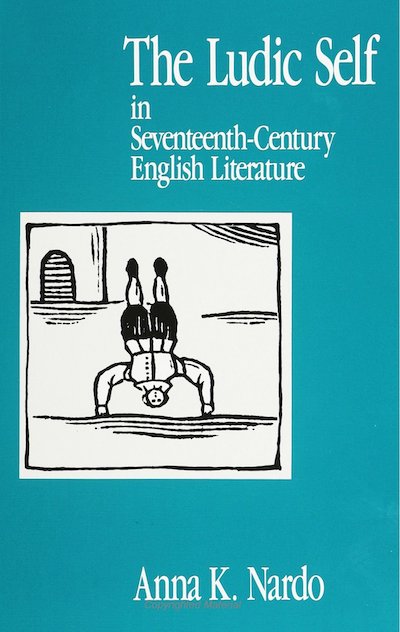By Anna K. Nardo (NHC Fellow, 1981–82)

Albany: State University of New York Press, 1991
From the publisher’s description:
This book argues that play offered Hamlet, John Donne, George Herbert, Andrew Marvell, Robert Burton, and Sir Thomas Browne a way to live within the contradictions and conflicts of late Renaissance life by providing a new stance for the self. Grounding its argument in recent theories of play and in a historical analysis that sees the seventeenth century as a point of crisis in the formation of the western self, the author demonstrates how play helped mediate this crisis and how central texts of the period enact this mediation.
Subjects
Literature / Literary Criticism / British Literature / Play / Self / Identity / English Literature /Nardo, Anna K. (NHC Fellow, 1981–82). The Ludic Self in Seventeenth-Century English Literature. SUNY Series,The Margins of Literature. Albany: State University of New York Press, 1991.